South Korea to retaliate over warship sinking
South Korea's defence minister has said those responsible for the deaths of 46 sailors on board a warship that sank after an explosion must "pay a price".
Sunday, 02.05.2010.
13:33

South Korea's defence minister has said those responsible for the deaths of 46 sailors on board a warship that sank after an explosion must "pay a price". Kim Tae-young promised "punitive action" against "the perpetrators who killed our soldiers." South Korea to retaliate over warship sinking He did not specify what form this could take. South Korea has not directly blamed North Korea - and Pyongyang has denied any role. The Cheonan sank after a "close-range" blast that split it in two. Last month, a mass funeral was held for the 46 sailors, including six whose bodies have not been recovered. Many South Koreans believe North Korea sank the ship, correspondents say. The ship has been salvaged from the sea bed and is being examined by an international team of naval experts trying to find out what caused it to sink close to the North Korean border on 26 March. The South Korean defence minister has said a torpedo strike is among the most likely causes. So far the investigation team has said only that they have found evidence of an underwater explosion and it is not known whether fragments of any weapon have been discovered. Kim said officials were scrutinising pieces of aluminium, a key material in making a torpedo, that were picked up from the disaster area. "I believe that, by thoroughly and completely getting to the bottom of the incident to the maximum extent possible, we should deal some kind of blow against those forces which made our officers and men sacrifice their lives for their country," the defence minister said on KBS television. North and South Korea are still technically at war, since the 1950-53 conflict ended without a peace treaty. Over the years there have been several naval clashes off the west coast of the peninsula, in the area where the Cheonan went down.
South Korea to retaliate over warship sinking
He did not specify what form this could take. South Korea has not directly blamed North Korea - and Pyongyang has denied any role.The Cheonan sank after a "close-range" blast that split it in two.
Last month, a mass funeral was held for the 46 sailors, including six whose bodies have not been recovered.
Many South Koreans believe North Korea sank the ship, correspondents say.
The ship has been salvaged from the sea bed and is being examined by an international team of naval experts trying to find out what caused it to sink close to the North Korean border on 26 March.
The South Korean defence minister has said a torpedo strike is among the most likely causes.
So far the investigation team has said only that they have found evidence of an underwater explosion and it is not known whether fragments of any weapon have been discovered.
Kim said officials were scrutinising pieces of aluminium, a key material in making a torpedo, that were picked up from the disaster area.
"I believe that, by thoroughly and completely getting to the bottom of the incident to the maximum extent possible, we should deal some kind of blow against those forces which made our officers and men sacrifice their lives for their country," the defence minister said on KBS television.
North and South Korea are still technically at war, since the 1950-53 conflict ended without a peace treaty.
Over the years there have been several naval clashes off the west coast of the peninsula, in the area where the Cheonan went down.










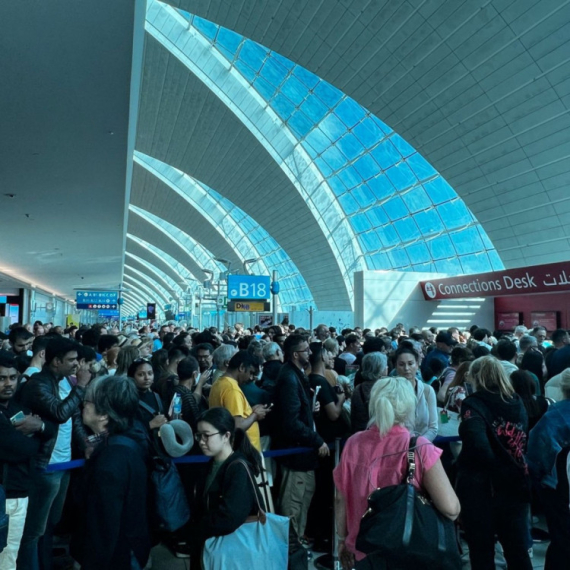


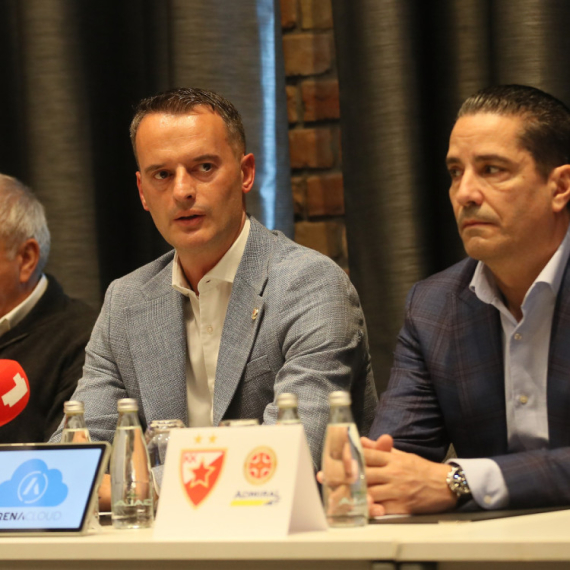

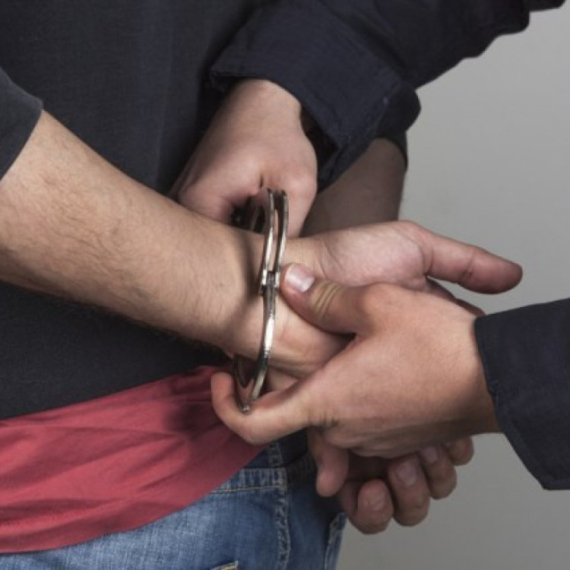

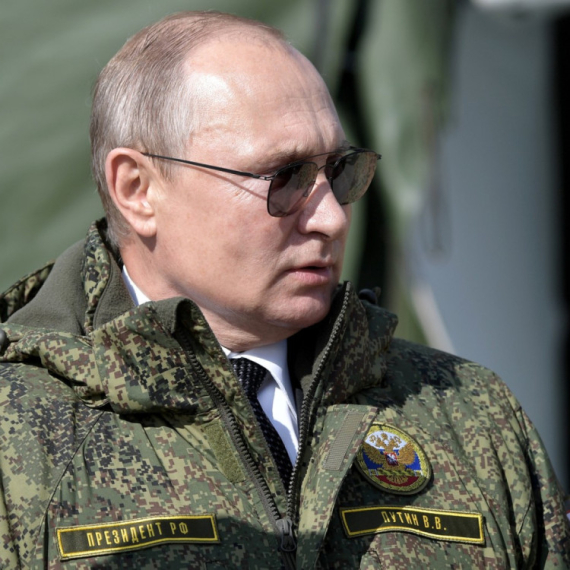



























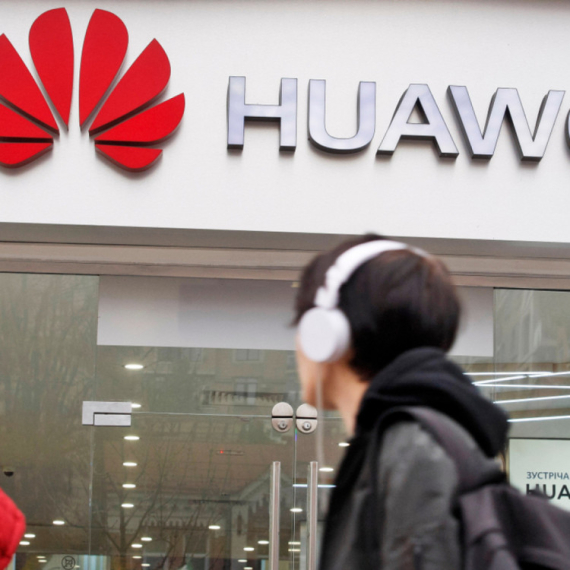












Komentari 1
Pogledaj komentare